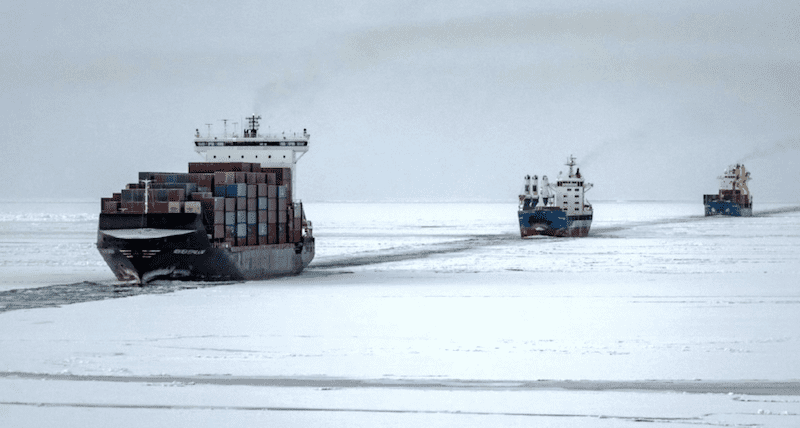Founded in 1961 as the “Marine Station,” the Institute of Fisheries and Marine Sciences (IH.SM) at the University of Toliara has spent 65 years committed to the service of oceans, science, and development.
“It has become a national and regional reference for education, applied research, and innovation in marine and coastal fields,” said Professor Gildas Todinanahary, director of IH.SM.
Diverse Academic and Professional Programs
To support professional integration, the institute offers a wide range of programs:
- Academic degrees: Master’s, DEA, and PhD
- Professional training: Senior technicians in fisheries, aquaculture, quality control; biologists; shrimp farming specialists; conservation managers in Marine Protected Areas (MPAs)
- Professionalizing programs: Undergraduate degrees and fisheries engineering
These programs attract young students interested in marine and coastal sectors, including the exploitation, management, and sustainable use of fisheries resources.
High Employment Rates
A 2019 study showed that 74% of graduates find employment, with slightly higher rates for men (77%) than women (69%). Around 83% of graduates work in sectors related to their field, mainly fisheries, aquaculture, water and product quality, and environmental management.
Beyond Initial Training: Education and Innovation
IH.SM also contributes to environmental education, scientific outreach, and sustainable solutions for coastal communities. Its marine museum, field excursions, partnerships with high schools, and educational publications make it a major bridge between science and society.
The institute serves as an innovation platform, developing projects such as algae-based bioplastics, marine biodiversity observatories, ocean accounting, and coral restoration using ARMS and photogrammetry, engaging researchers, communities, and policymakers.
Impact and Alumni
To date, IH.SM has trained over 1,200 professionals, including fisheries engineers, senior technicians, marine biologists, protected area managers, researchers, and educators. Graduates are active in public and private sectors, NGOs, international cooperation, and entrepreneurship.




